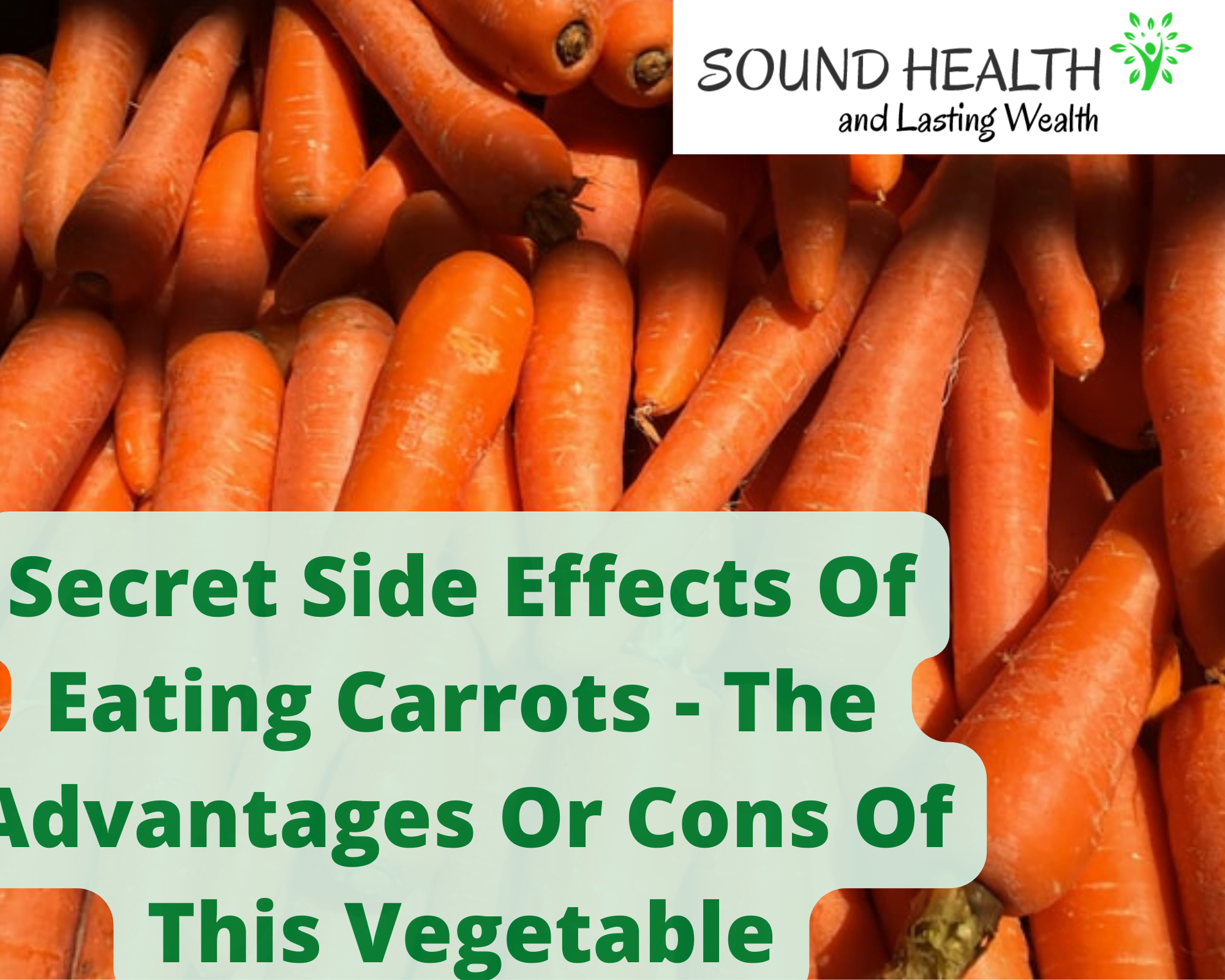Does Carrot Have Vitamin B12? – This article has every information concerning key vitamins in carrots vegetable.
Does Carrot Have Vitamin B12?
Vitamin B12 is not present in carrots. Animal products like meat, poultry, fish, eggs, and dairy contain vitamin B12. Additionally, it can be found in some plant-based milks and fortified foods like cereals. You should consume foods that are vitamin B12-fortified or take a supplement if you follow a vegan diet. Here are other key vitamins present in carrots.
Key Vitamins In Carrot Vegetable Explained
Vitamin A – Vitamin A can be found in abundance in carrots. The immune system, skin health, and vision or eye health all benefit from vitamin A. It may also aid in the prevention of cancer. Carotenoids, which are substances that can be transformed into vitamin A in the body, are what give carrots their orange color.
Vitamin B – The vitamin B content of carrots is high. The metabolism of fats and carbohydrates depends on this vitamin. It also makes the body’s use of proteins more effective. Although vitamin B is present in many foods, carrots are a particularly good source.
Vitamin C – Vitamin C, which is found in carrots, aids in the production of antibodies by your body to safeguard your immune system. In addition, vitamin C prevents infections while assisting your body in absorbing and using iron. They may help relieve constipation. If you’re having trouble going to the bathroom, try eating some raw carrots.
Vitamin D – is a necessary nutrient that aids in the body’s absorption of phosphorus and calcium. Additionally, it is required for healthy immune system operation. A single cup of carrots contains about 10% of the daily recommended value for vitamin D, making them a good source of this vitamin.
Vitamin E (alpha-tocopherol) – Carrots are a good source of vitamin E. Vitamin E is a nutrient that helps keep your skin healthy. It also helps protect your cells from damage. One serving (0.84 mg) of carrots has 6 percent of your daily value for vitamin E, as well as other nutrients.
Vitamin K – Carrots are a good source of vitamin K. which promotes bone health, aids in blood clotting, and lowers the risk of heart disease. Dark green leafy vegetables, broccoli, Brussels sprouts, cabbage, and soybeans are all sources of it.
Importance Of Minerals In Carrots
Carrots are loaded with essential minerals, such as potassium, phosphorus, and magnesium. These minerals are important for many bodily functions, such as maintaining fluid balance, building strong bones, nerve function and regulating blood pressure. Carrots also contain fiber, which is important for digestive health. Carrots vegatables can be eaten raw, cooked, or juiced.
Also Read: Secret Side Effects Of Eating Carrots – The Advantages Or Cons Of This Vegetable






